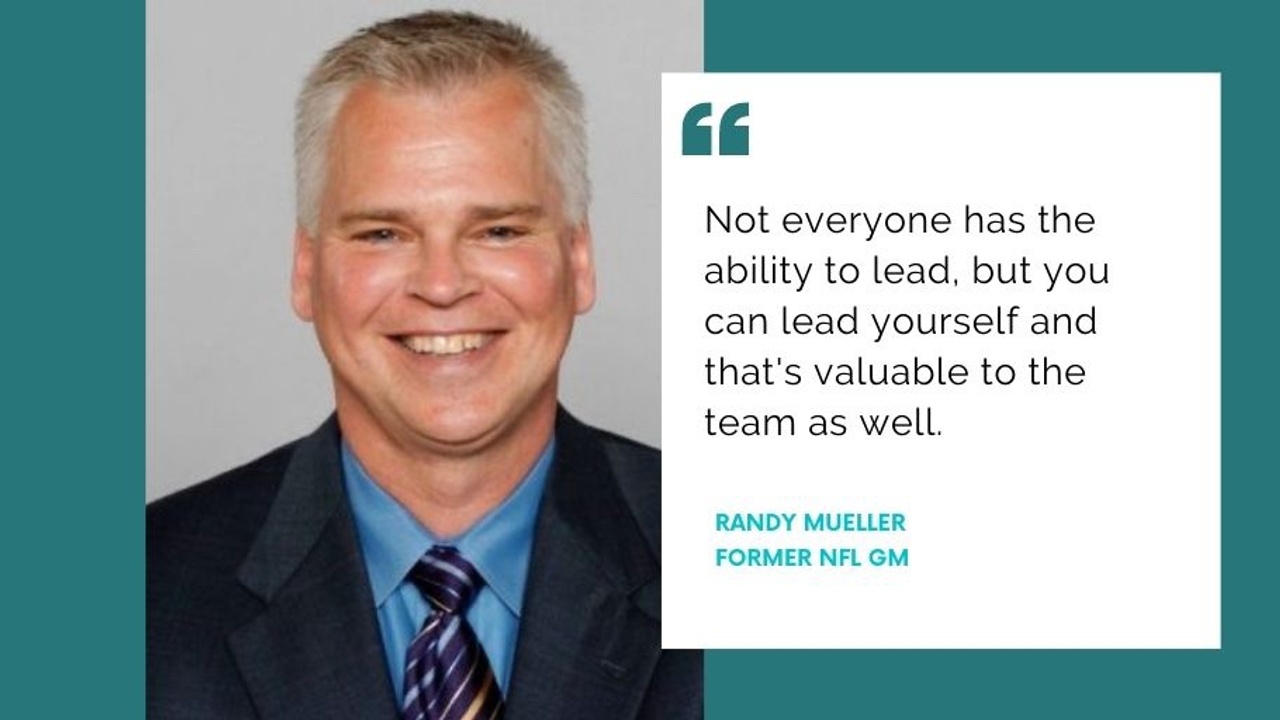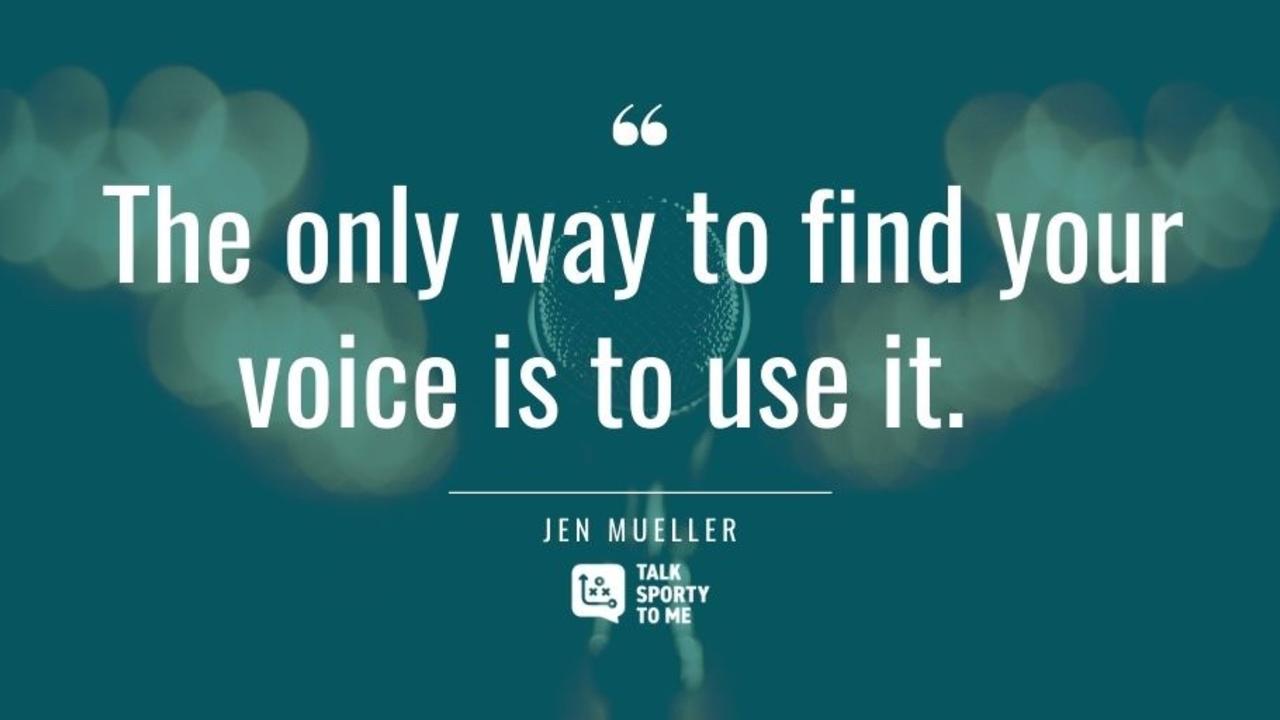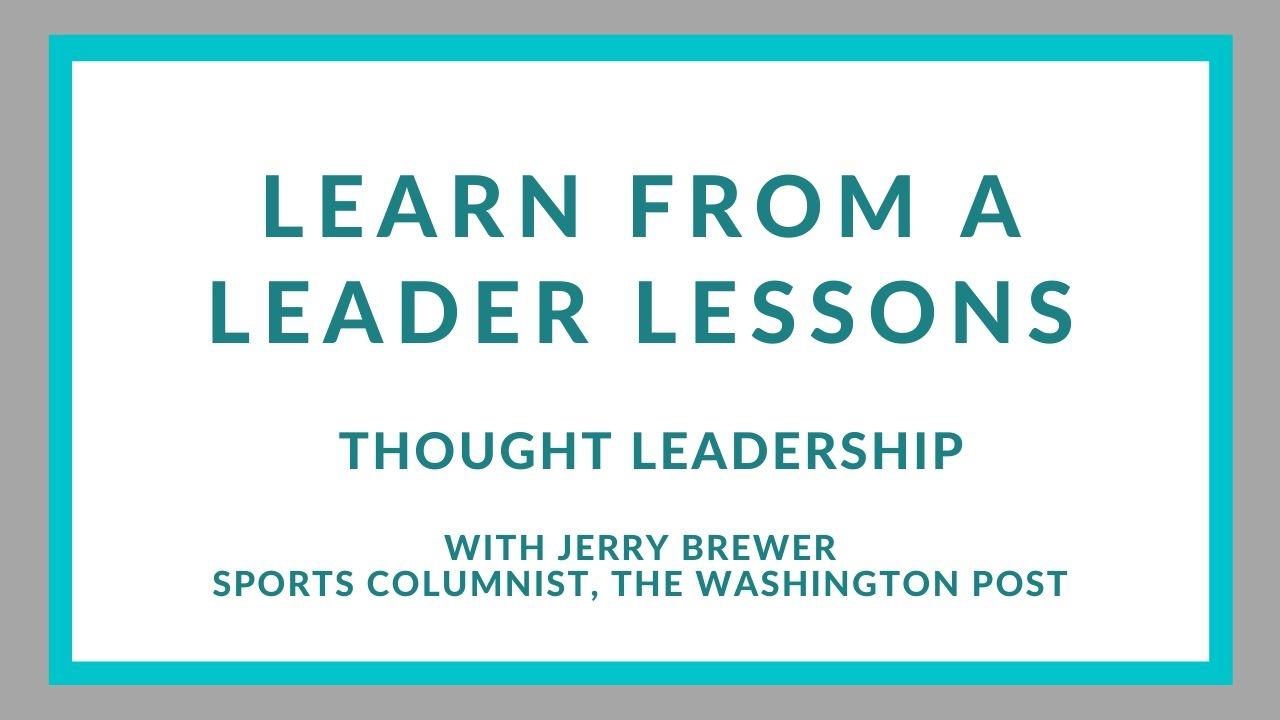Having a front row seat to the winningest coach in Seahawks history was something I never took for granted. I also never expected to learn so much abo...
Often in effective business communication less is more.
A more concise email gets read. Shorter meetings can increase engagement. And simply m...
When push comes to shove it could be tempting to quit, but that's not a choice for the athletes I work with. Professional athlete don't just leave the...
Leadership is process of discovery. Discovering how to be more effective, authentic, vulnerable. How to be more of your whole self and find your voice...
Everything changes, including your decisions. The “right“ decision might change based on new circumstances. That’s why it’s far more important to focu...
There’s no one way to lead. Don’t worry about whether you’re doing it right or not. Focus on staying in the leadership lane that feels most comfortabl...
This is the time of year NFL free-agent deals make headlines. It's easy to look at those dollar amounts and think you'll never been in those kinds of ...
The statement is simple, but it can be the hardest to grasp.
It can be equally difficult to differentiate between feedback and validation. Having a s...
Self care is a popular term, but what if you take it a step further and practice "sacred selfishness?" Leaders need to place high value on taking care...
How do you find your voice?
It’s a topic I’ve shied away from in the past because I didn’t have a good answer and quite honestly wasn’t even sure if ...
Thought leadership is more than being seen as an expert. It's a way to drive business. An ongoing study by Edelman and LinkedIn found:
"Companies w
...
Choosing not to make a decision is still a decision.
Even if you made that decision because you were waiting for more information to make the "real"...














